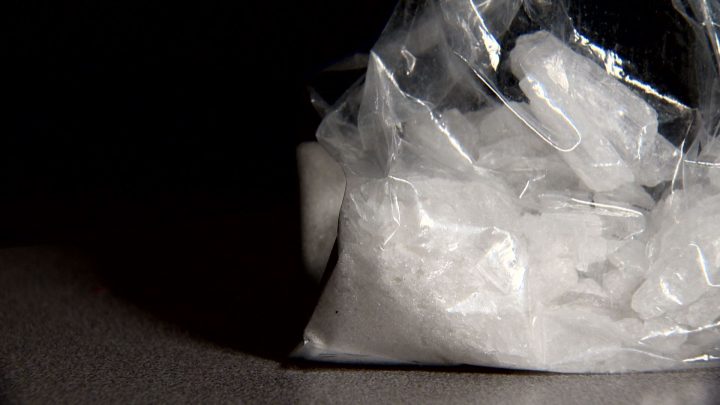Crystal meth is a major issue in Saskatchewan and across the Prairies. Municipal and regional police services have been sighting it as an ongoing concern, impacting crime rates.

A recent Canadian Press report found that officers in Saskatchewan, Manitoba and Alberta say crystal meth is outpacing opioids as the narcotic of choice.
Health critic Vicki Mowat is calling on the Saskatchewan government to put greater investment in treating addiction.
“What we’ve seen in the past, is five per cent total spending in provincial health and we’re asking them to get up to seven per cent. We’re seeing that in light of the fact that police are now arguing that there’s a spike in high-speed chases and a spike in use of force as a result of this addictions crisis,” Mowat said.
The critic added that the Opposition is pushing for immediate action on this issue.
Health Minister Jim Reiter said the province is committed to getting seven per cent of the health budget going to mental health and addictions. However, he could not give a firm timeline.
In the 2018-19 budget, mental health funding was increased to about 5.3 per cent of total health spending.
“To the critic’s question, and it’s a very reasonable question, there is a crystal meth problem in this province. It’s not unique to this province, it’s across the country, but specifically I would say Alberta and Manitoba,” Reiter said.
“You’re going to see that dealt with through addictions treatment.”
Reiter added that he has had discussions with Manitoba’s health minister, and the two are exchanging ideas to see what works in best practice.
Across the aisle, Mowat said that more action needs to be taken now.
“What we’re seeing right now is that people are sick, but that care is not available to them,” Mowat said.
She referenced the provincial auditor’s report from earlier this year, which found a Prince Albert detox center’s refusal rate grew from 570 clients to 2,510 between 2015 and 2017. The refusal rate last year was 44 per cent of people seeking help.
The center routinely served around 3,000 clients each year from Prince Albert and area.
The auditor recommended establishing more care options to better serve the area.
While there is no public timeline on when the province plans to reach seven per cent mental health funding, Reiter said a bigger increase can be expected this year.
“I think that’s fair to say. You’ll see significant increases there,” Reiter said when asked if next year’s mental health and addictions funding will be larger than the 2018-19 increase.
In defense of being behind the national average for mental health and addictions funding, seven per cent of the health budget, Reiter said these areas are addressed in other areas of the budget like social services.
Reiter added that Saskatchewan has reached an agreement that upcoming funding to address the opioid epidemic will also be able to include supports for crystal meth addiction.




Comments